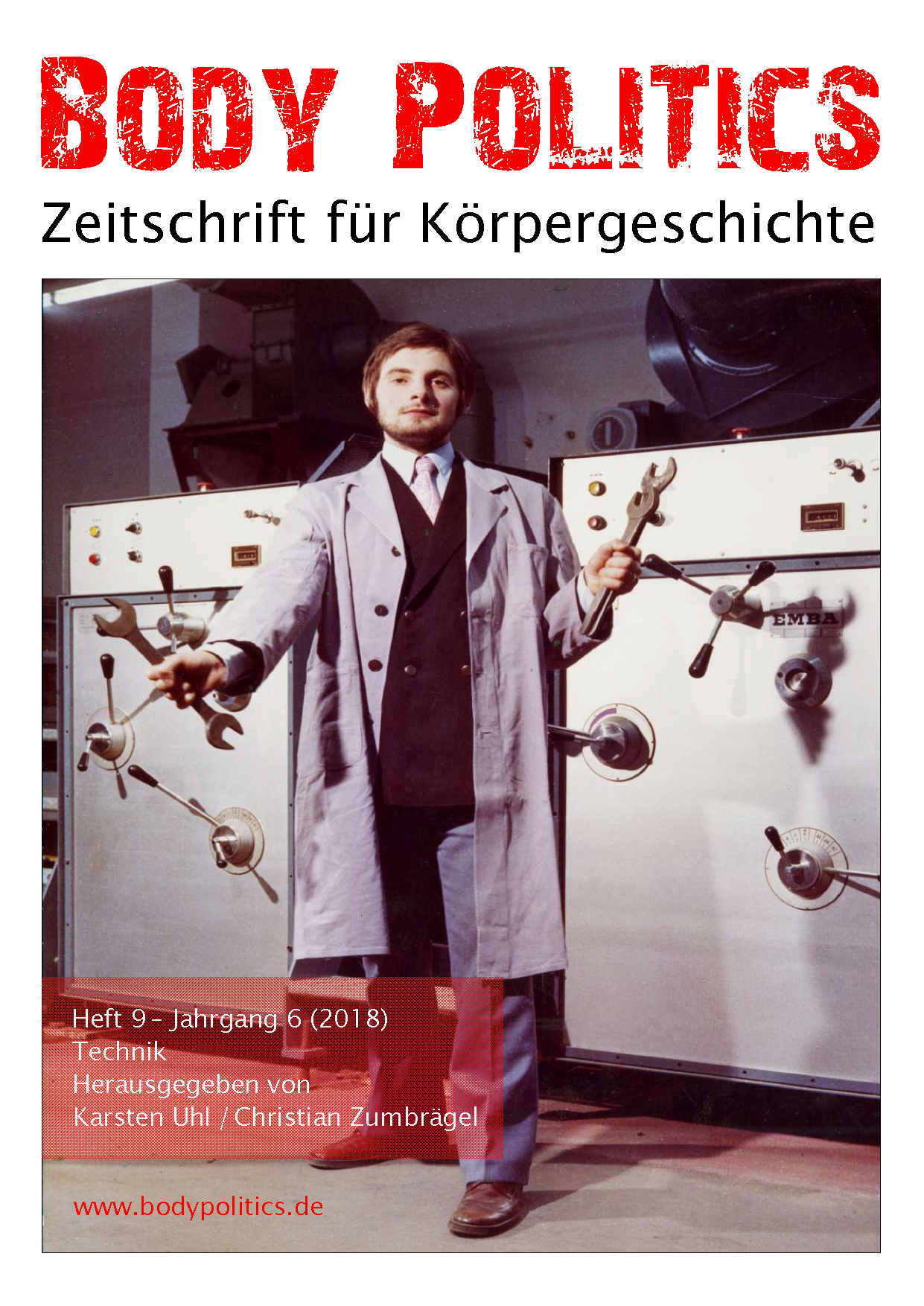„Automatisierungsverlierer“
Kybernetische Pädagogik, „Lernbehinderung“ und der Körper des Bergberufsschülers in den 1960er Jahren
DOI:
https://doi.org/10.12685/bp.v6i9.1501Abstract
English abstract: The dominant narrative of the body-machine-relation in the 1960s evolves around the proclaimed shift from a material to a dematerialised body. Considering the practical and technical implications of the contemporary perception, this article aims at re-evaluating this narrative and suggests a larger understanding of this alleged shift. Based on the example of cybernetic pedagogy in the West German mining industry’s vocational training system during the 1960s and early 1970s, two main arguments can be raised: first, the so-called “coal crisis” implied an “imperative of qualification” and teaching machines responded to that need. Likewise, they functioned as a means of rationalisation and individual motivation. Second, the teaching machines engendered the problematisation of those pupils who were not considered able to improve mentally. Describing, measuring and identifying “learning disabled” pupils became a key issue. Consequently, the history of the “losers of automation” is also a history of their epistemic constitution.
Downloads
Veröffentlicht
Ausgabe
Rubrik
Lizenz

Dieses Werk steht unter einer Creative Commons Namensnennung - Nicht-kommerziell - Keine Bearbeitung 3.0 International -Lizenz.


